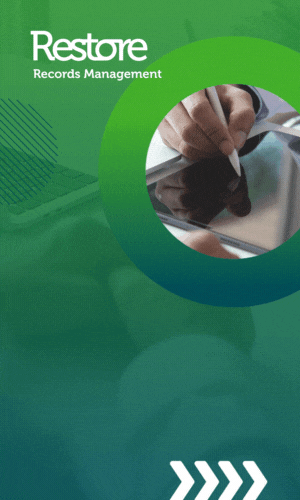In a recent blog published by NHSX ahead of its official launch, the organisation announced it has completed a major review of NHS tech spending, with some programmes to close, merge and some that have naturally come to an end.
Over the past few weeks NHSX CEO Matthew Gould has traveled around the country to hear from frontline staff, Gould said “As I’ve travelled round lots of different parts of the NHS in the past few weeks, clear patterns emerge. Number one is the need for interoperability. Too many NHS systems can’t talk to each other. It could be a blood test taken in one part of the NHS that can’t be viewed in another, a GP’s system that doesn’t update when a hospital switches a patient’s medication, a mental health crisis team who have no idea the patient also has a heart condition.”
“Our siloed systems put patient safety at risk because clinicians end up treating patients without the full information. They stifle innovation because developers can’t build on them.”
“We also know that too many clinicians are frustrated by clunky tech getting in the way of their ability to do their job. Across the country, doctors, nurses, dentists, social workers and others – all stretched and time-poor – are wasting huge amounts of time on painfully slow log- ins, fighting with old kit, or having to remember dozens of different passwords over the course of their day.”
Following the review by NHSX the organisation set its mission to reduce the burden on clinicians and staff, so they can focus on patients, giving people the tools to access information, improve productivity and ensure clinical information can be safely accessed, wherever it is needed.
The focus is first to be on standards and platforms, with an aim to keep the centre as ‘thin’ as possible, in a very similar way to how the internet works. It’s hoped this will open up opportunities for innovation and development. Standards are the common technical and semantic rules that everyone agrees on in order to participate in a system.
The organisation also highlighted they don’t want to build many digital service themselves, Gould said “We don’t want to build many digital services ourselves. There are plenty of clinicians, charities, start-ups and NHS trusts that can do a much better job of designing new services than we can at the centre. We will focus on creating platforms that other innovators can build on.”
“To make it all happen, we need to help the whole NHS to become more digitally capable. It’s no good dreaming up grand digital projects from the centre if hospitals and GP surgeries don’t have the equipment, the skills or the capacity to see those plans through.”
The NHSX review looked into 30 different digital transformation programmes, with the result being 10 major transformation pieces of work remaining:
- NHS app and citizen ID
- digital child health and maternity
- integrating community providers (including pharmacists, optometrists, dentists and ambulances)
- screening
- booking, referrals and appointments management
- standards (including medication standards)
- primary care
- urgent and emergency care
- social care
- local capability (including LHCR, HSLI, GDEs and Carter money)
Gould said: “Programmes that support interoperability and the joining up of data across population and place, like the Local Health and Care Records Exemplars, will continue. So too will the Global Digital Exemplar programme supporting 26 acute, mental health and ambulance trusts, but with more emphasis on the parts of the NHS that need most help. The NHS Digital Academy supporting current and future Chief Clinical Information Officers and Chief Information Officers will also continue.”
“Some of our programmes are closing. This is either because they have delivered on their objectives and are being moved to live services, or because we want them to become a mainstream part of the way we design and deliver digital services in the NHS, not just a discrete project. Accessibility and digital inclusion, for example, should be something that all our teams think about.”
Programmes that are being closed include:
- NHS Wifi, which was successfully delivered in March 2019
- Access to Service Information: which is moving to live on the basis that the team will deliver a Directory of Services that will function as a canonical data register, as well as a bookings and referrals management system
- Digitising Community Pharmacy: which is completing the Electronic Prescription Service and moving to live
- Medicines Data and Integrating Pharmacy Across Care Settings: these programmes are stopping. Their aims will be incorporated into the work on interoperability, as well as a specific piece of work on linking pharmacists, optometrists and dentists into mainstream NHS processes





